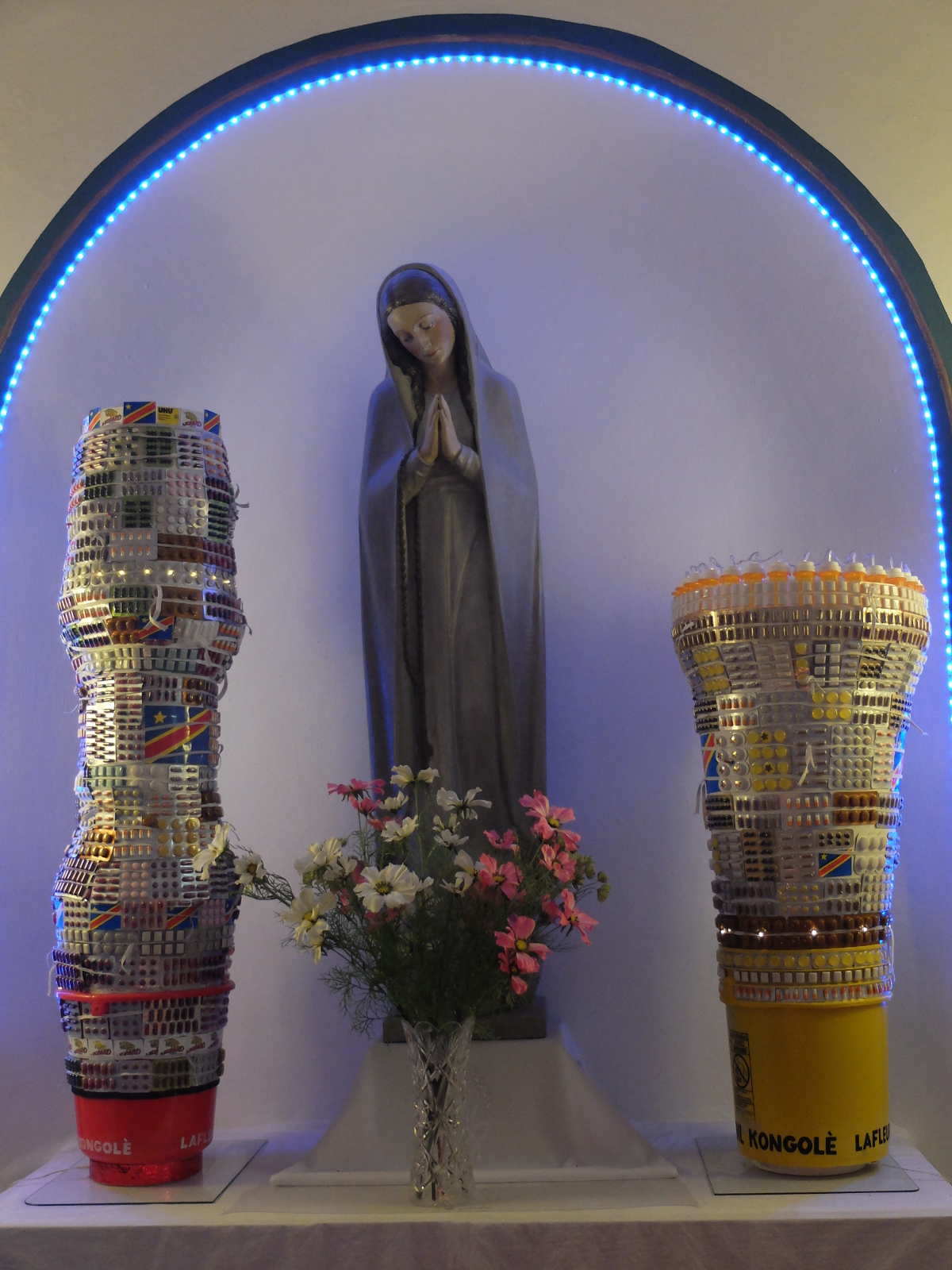Rousseauists

“Rousseau founded the main political and cultural movements of the modern world. Many ‘isms’ of the right and the left – Romanticism, socialism, authoritarianism, nationalism, anarchism – can be traced to Rousseau’s writings. Whether in his denunciation of moral corruption, his claim that the metropolis was a den of vice and that virtue resided in ordinary people (whom the elites routinely conspired against and deceived), his praise of militant patriotism, his distrust of intellectual technocracy, his advocacy of a return to the collective, the ‘people’, or his concern for the ‘stranger’, Rousseau anticipated the modern underdog with his aggravated sense of victimhood and demand for redemption. …
Rousseau was … the prototype of the man who feels himself, despite his obvious success, to be at the bottom of the social pyramid. … He was convinced, like many converts to ideological causes and religious beliefs, that he was immune to corruption. A conviction of his incorruptibility was what gave his liberation from social pieties a heroic aura … In the movement from victimhood to moral supremacy, Rousseau enacted … [what] has become commonplace in our time. …
Rousseau’s first great disciple, Robespierre, seems to have grasped, and embodied, better than anyone the incendiary appeal of victimhood in societies built around the pursuit of wealth and power. …
The Jacobins and the German Romantics may have been Rousseau’s most famous disciples, determined to create through retributive terror or economic and cultural nationalism the moral community neglected by Enlightment philosophes. …: Herder inaugurated the nativist quest – hectically pursued by almost every nation since – for whatever could be identified as embodying an authentic national spirit: literary forms, cuisine and architecture as much as language. … Fichte came to think that Germans were simply superior to everyone else … [and he] gave nationalism its characteristic secular feature: the transposition of religious into national loyalties. … Körner, [then, called the wars against Napoleon] ‘a crusade … a holy war’. This [was the first] ‘holy war’ in post-Christian Europe. …”
aus: Pankaj Mishra: Age of Anger, a History of the Present. o.O.: Allen Lane (Penguin Random House) 2017, S. 110-113, 174, 175, 191, 193.
Abb.: innerfields: Wanderer, Köln 2008, im Internet.
05/18

